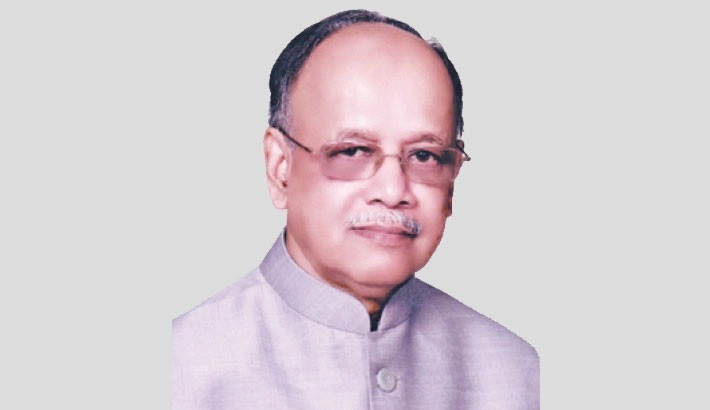
Braving all the odds, uncertainties, national and international conspiracies, street agitation and arson attacks, the sitting of the 12th national parliament began on 30 January. Following the 7 January election Bangladesh Awami League returned to state power for the fourth successive term and Sheikh Hasina has been sworn in as the Prime Minister for the fifth term. The previous terms of Sheikh Hasina saw Bangladesh grow into a regional economic and strategic power and its graduation from a LDC to developing country status expected to fulfill its obligation to be termed by UN as a Developing Nation on November 24, 2026.
This tenure of Prime Minister Sheikh Hasina will be very challenging and critical for her and the nation. Under her undaunted leadership Bangladesh has scaled new heights in terms of socio-economic development. She has just walked into the footsteps of her illustrious father Bangabandhu Sheikh Mujibur Rahman. From a simple housewife fate propelled her to a new identity of a statesman and Bangladesh’s Brand Ambassador.
Sheikh Hasina’s next five year term, as mentioned, will be challenging because she has quite a few unfinished tasks to complete. These tasks have already been mentioned ahead of the 12th parliamentary election in the election manifesto. Though the election manifesto contained eleven points, the top most priority must be given on good governance and eradication of corruption. Corruption has become all pervasive over the years. General Zia’s statements ‘I will make politics difficult for politicians’ and ‘money is no problem’ have taken toll in the nation’s image and quality of politics.
It Is Now or NeverFollowing the forming of her new government, Sheikh Hasina emphasised the ‘corruption’ issue and reiterated her pledge to ensure good governance. If she can fulfil these pledges, she will remain immortal in the annals of history of this country. Many would like to wonder where the task of eradication of corruption should begin. Obviously from within the party and government. During her last tenure quite a few people in her party, ministry and the administration became quite known not for their deeds or performance but for their misuse of power and indulging in unbridled corruption. Here Sheikh Hasina needs to adhere to her ‘zero tolerance’ policy.
The administration needs a complete shakeup. An incompetent and corrupt bureaucracy can be a curse for any government. When Bangabandhu formed his first government he would often mention how such incompetent and corrupt bureaucracy was frustrating him. The former Indian President Pranab Mukherjee in a landmark speech given at the prestigious IIM, Ahmedabad on 18 November 2018 said ‘bureaucracy is the biggest hurdle in development of a nation.’ Both Bangabandhu and Pranab Mukherjee rightly understood what bureaucracy can do and undo in the system.
Governance is all about putting the right people in the right place ensuring accountability which was missing in certain cases during the previous terms of Sheikh Hasina. The first cabinet of the new government is full of surprises. Quite a few senior cabinet members, some of whom in their eighties were dropped and new faces included. A couple saw their position elevated to an extra height. Now it is time for them to prove Sheikh Hasina’s choice was right. It must also be emphasized that it is not the age which matters but the performance should be the only yardstick to keep someone in his or her position.
Another challenge Sheikh Hasina will need to negotiate successfully is the interference of some western powers in the internal politics of Bangladesh as seen prior to 7 January election. Many would like to think once the election is over such interference will cease to continue. It may not. If history is a reference these western powers if they think they need to keep their interference in domestic politics of any country alive till they achieve what they want there will be no giving up. Such hideous acts are known as ‘Coloured Revolutions’.
This happened in post-Soviet Europe where serious of non-violent protests and accompanying (attempted and successful) changes of governments and society took place. The ‘coloured revolutions’ were marked by the usage social media as a method of communication, as well as a strong role of non-governmental organizations (NGOs) in the protest.
Attempts to stage something like a ‘coloured revolution’ in Bangladesh should not be ruled out. There are number of foreign funded NGOs and western organisations operating in Bangladesh in the garb of protecting human rights and fostering democracy. They will keep on challenging the present government. That will have to be met politically. But what is more of a challenge is to see what the Prime Minster pledged becomes a reality. Sheikh Hasina is walking towards creating a history. Her party functionaries and people in the government and administration must take a pledge to see her determination and dream a reality. It is now or never.
______________________________________
The writer is an analyst and commentator

